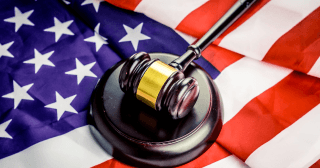Nov 5, 2024
Common Copyright Myths: What You Need to Know to Protect Your Creations

Common Copyright Myths: What You Need to Know to Protect Your Creations
Copyright law is a vital tool for protecting your creative work, but it is also a topic surrounded by myths and misconceptions. Believing these myths can leave you vulnerable to infringement or make you hesitant to enforce your rights. In this guide, we will debunk the most common copyright myths and provide actionable insights to help you safeguard your creations.
Myth #1: If It is Online, It is Free to Use Reality:
Just because content is publicly available online does not mean it is free to use. Almost all original works are automatically protected by copyright, even if they do not display a copyright symbol. Using such content without permission can result in legal consequences. How to Protect Yourself: - Always seek permission before using someone else’s work. - Utilize public domain or Creative Commons-licensed materials.
Myth #2: Adding Credit Means You Can Use It Reality:
Citing the creator’s name does not exempt you from copyright laws. While attribution is good practice, it does not replace the need for permission. How to Protect Yourself: - Obtain explicit permission to use copyrighted material. - Use content you have created or licensed properly.
Myth #3: Copyright Registration is Required for Protection Reality:
Copyright protection is automatic upon the creation of an original work. Registration, however, provides additional legal benefits, such as the ability to file lawsuits and claim statutory damages. How to Protect Yourself: - Register your works with the relevant copyright office to strengthen your rights. - Keep records of your creative process as proof of ownership.
Myth #4: Small Changes Make It Legal Reality:
Minor alterations to copyrighted material do not make it your own. Transformative use, such as creating a parody or critique, may be protected under fair use, but it must meet specific legal criteria.
How to Protect Yourself:
Understand the limits of fair use and consult a legal professional if in doubt. - Focus on creating entirely original content.